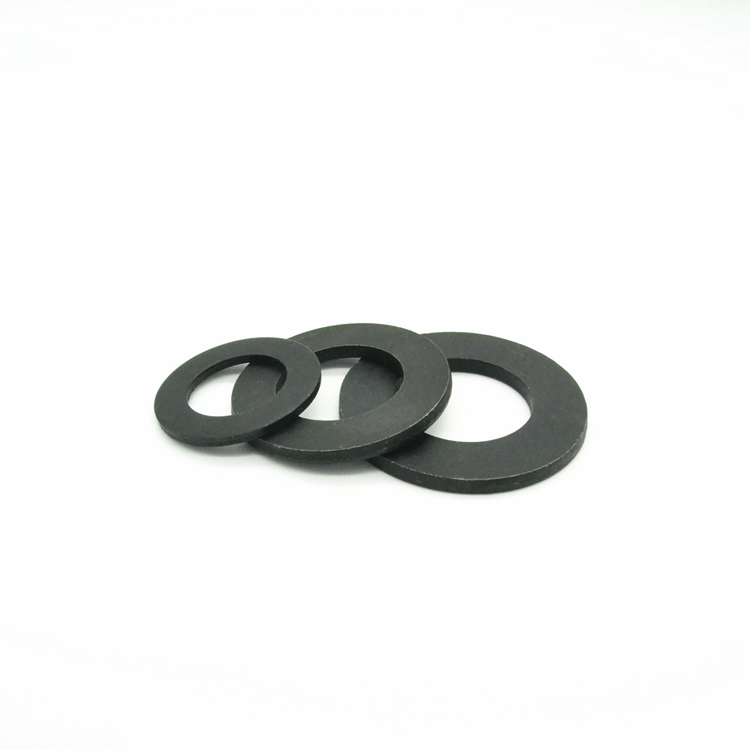Hexagonal Stud Bolt Options for Various Industrial Applications and Projects
Oct . 10, 2024 00:16 Back to list
Hexagonal Stud Bolt Options for Various Industrial Applications and Projects
Understanding Hex Stud Bolts Features, Applications, and Advantages
Hex stud bolts, also known as hexagon stud bolts, are essential components widely used in various industries due to their strength and reliability. Characterized by their hexagonal heads and threaded shafts, these fasteners serve as vital links in assembling, securing, and maintaining structures and machinery. This article will delve into the features, applications, and advantages of hex stud bolts.
Features of Hex Stud Bolts
A hex stud bolt typically consists of a long cylindrical shaft with a uniform diameter, terminating with a hexagonal head on one end. This head allows for easy tightening and loosening using standard tools such as wrenches and sockets. The threaded portion of the bolt can be fully or partially threaded, depending on the requirements of the application. Stud bolts are available in various sizes and materials, including steel, stainless steel, alloy, and even high-performance materials for specialized applications.
One distinguishing feature of hex stud bolts is their high tensile strength, which makes them suitable for use in high-load conditions. They often undergo heat treatment processes to enhance their durability and resistance to wear over time. Additionally, hex stud bolts can be coated or treated to resist corrosion, making them indispensable in harsh environments.
Applications of Hex Stud Bolts
Hex stud bolts find application across a multitude of industries, including construction, automotive, aerospace, and manufacturing. In construction, they are used to secure structural steel components, providing stability and strength to buildings, bridges, and other infrastructures. Their robust nature enables them to withstand harsh weather conditions and heavy loads, making them a preferred choice in structural engineering.
hex stud bolt

In the automotive sector, hex stud bolts are utilized in various assemblies such as engine components, chassis, and suspension system parts. Their ability to handle high-stress conditions ensures the safety and reliability of vehicles. In aerospace applications, high-performance hex stud bolts are crafted from lightweight yet strong materials to meet the stringent demands of aircraft construction.
Moreover, the oil and gas industry relies heavily on these fasteners for pipeline and rig assembly, where they must endure extreme pressures and temperatures. Additionally, they find use in mechanical equipment where secure and stable joint connections are critical for operation.
Advantages of Hex Stud Bolts
One of the primary advantages of using hex stud bolts is their ease of installation and removal, thanks to their hexagonal design. This attribute minimizes the risk of rounding and stripping, which are common issues with less robust fasteners. Furthermore, their high-strength properties contribute to the overall design integrity of assemblies, reducing the likelihood of failures.
Another advantage is their versatility; hex stud bolts can be used in various applications, from industrial machinery to household items. Their availability in different materials allows for customization according to specific environmental and load requirements.
In summary, hex stud bolts are powerful fasteners indispensable in numerous industries due to their strength, versatility, and ease of use. Understanding their features and applications can help professionals make informed choices when selecting fasteners for projects, ensuring safety and reliability in construction and machinery assembly. With advancements in materials and manufacturing techniques, the future of hex stud bolts appears promising, continuing to adapt to the evolving needs of modern engineering.
Latest news
-
High-Quality Panel Stud Bolt Reliable Panel Stud Bolt Factory & Suppliers
NewsJul.08,2025
-
High-Precision Fine Thread Locknuts Manufacturer & Supplier Custom Solutions
NewsJul.08,2025
-
PH Imperial Stud Bolt – High Strength Fasteners from Leading Supplier & Factory
NewsJul.07,2025
-
High-Quality Allen Wrench Bolts Leading Factory, Company & Suppliers
NewsJul.07,2025
-
Wholesale Ball Stud Bolt - High Quality Supplier & Factory Price Reliable Wholesale Ball Stud Bolt Company
NewsJul.06,2025
-
High-Strength Alloy Bolts Manufacturer & Supplier Quality Alloy Fasteners Factory
NewsJul.06,2025
